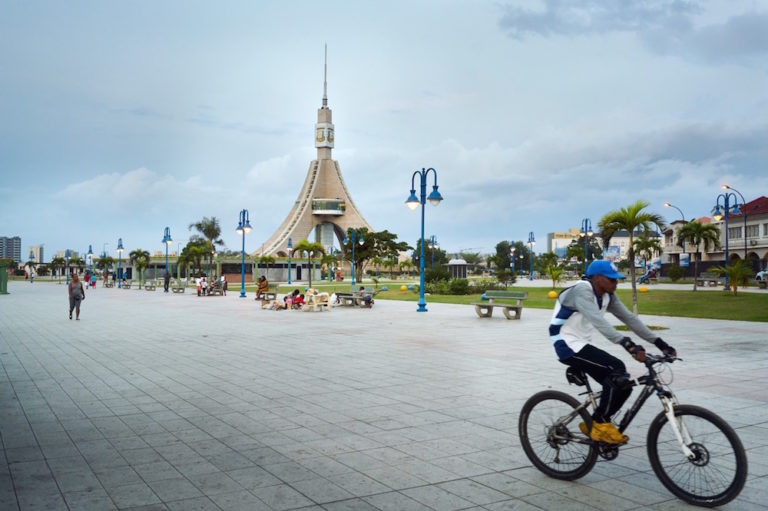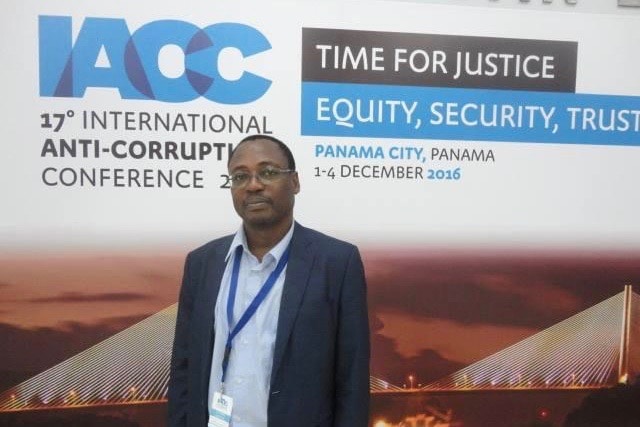In the absence of any independent media, RSF condemns the state-owned media's one-sided coverage of the campaign for the 29 November 2009 presidential election.
(RSF/IFEX) – In the absence of any independent media, Reporters Without Borders condemns the state-owned media’s totally one-sided coverage of the campaign for the 29 November presidential election. After winning the 2002 election with 97.1 per cent of the votes, President Teodoro Obiang Nguema has “promised” to win this one with more than 97 per cent again.
“It is no surprise that Nguema, who has ruled with an iron hand for 20 years, has had the state media’s full backing during this campaign,” Reporters Without Borders said. “Closely-controlled by the government, the state media have sung the president’s praises and have taken care to pay little attention to the opposition’s activities. Nguema is expected to get close to 100 per cent of the vote, which is about the same as the share of media coverage he has been getting.”
The state radio and TV broadcaster RTVGE has lavished Nguema with coverage, making no distinction between his activities as president and his activities as candidate for reelection, but has not even accorded even minimal coverage to the opposition. RTVGE has not organised any debate and virtually no opposition activities or meetings have been broadcast.
The government biweekly newspaper “Ebano”, which has its headquarters inside the information ministry, has dedicated two issues to the presidential election. One of the issues did include the opposition programmes, but it did not let opposition candidates express their views in the same way that ruling party supporters were allowed to.
The authorities claim that they are developing the country quickly thanks to its earnings from oil (of which Equatorial Guinea is Africa’s third biggest producer, after Angola and Nigeria). But three quarters of the population lives below the poverty line and there has been hardly any improvement in fundamental freedoms.
The privately-owned media are limited to just a few publications. The country has no journalists’ union and no organisation that defends journalists. The information ministry, which is staffed by people who are all members of the ruling Democratic Party of Equatorial Guinea (PDGE), doubles as a media regulatory body.
The only Malabo-based journalist working as a correspondent for foreign news media, Rodrigo Angue Nguema, was jailed on defamation charges in the capital’s Black Beach prison from June to October 2009.
Equatorial Guinea was ranked 158th out of 175 countries in the 2009 Reporters Without Borders press freedom index. President Nguema has for many years been on the organisation’s list of “Predators of press freedom.”


